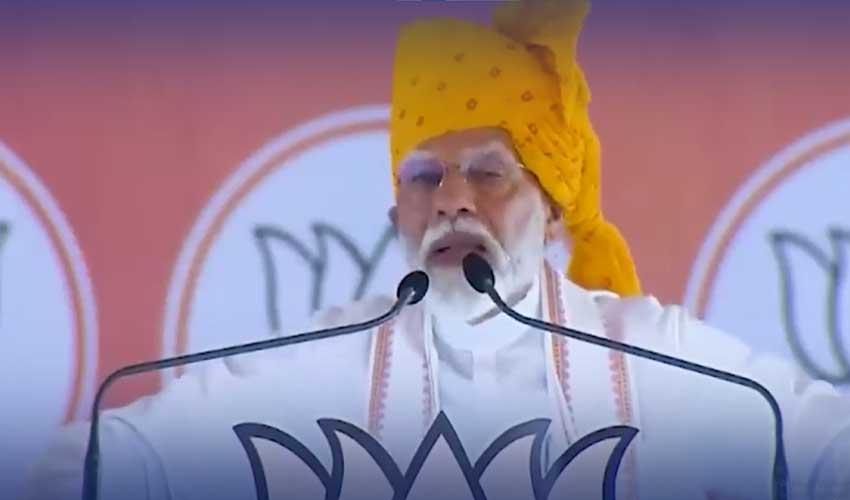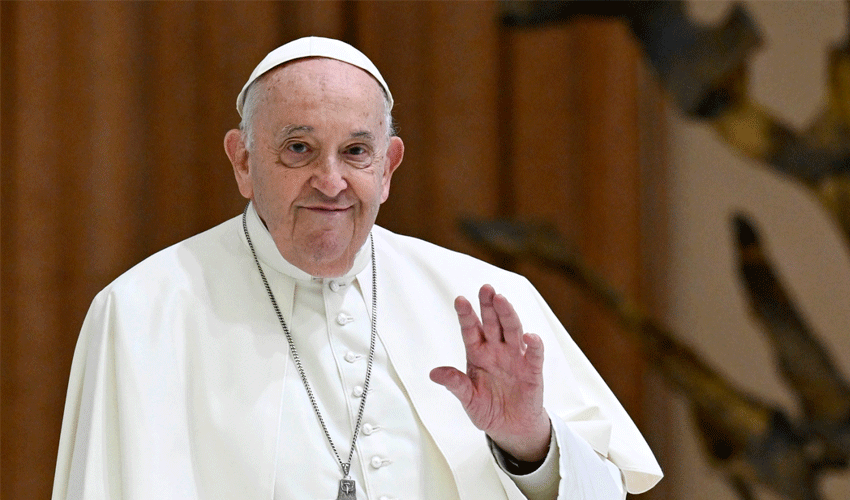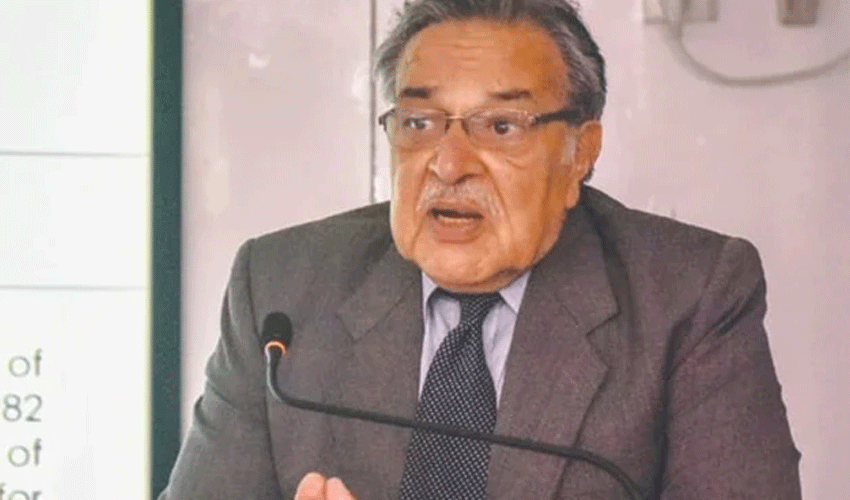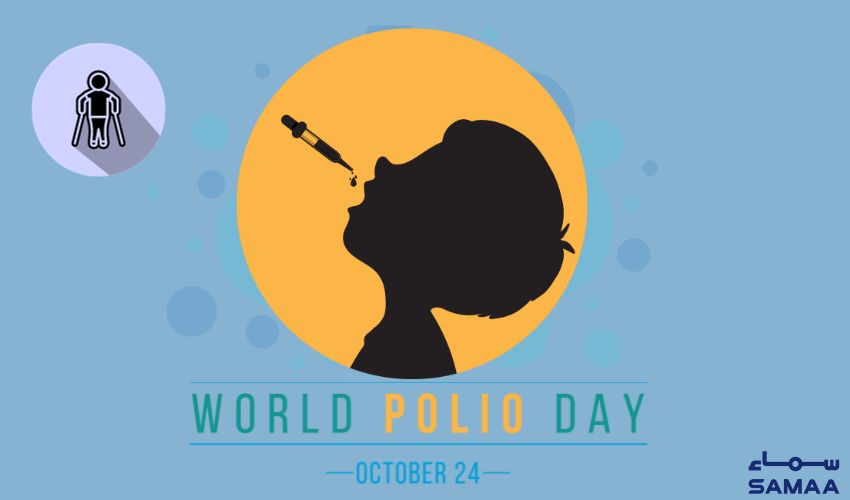India's press freedom has faced significant setbacks under Narendra Modi's administration. The Modi govt has been accused of undermining the foundations of Indian democracy by curbing media freedom, targeting opposition parties, and marginalizing minorities.
International media outlets, such as CNN, have reported that the Modi administration is striving to consolidate power in India. This assertion is supported by India’s dramatic fall in the World Press Freedom Index, where it now ranks 161st, having slipped 21 places since 2014, according to Reporters Without Borders (RSF).
Several incidents highlight the declining state of press freedom in the country. In October 2020, journalist Sidheeq Kappan was arrested while investigating the alleged gang-rape and murder of a Dalit girl.
Kappan's detention under anti-terrorism and money laundering laws sparked widespread concern. His arrest, which lasted over two years, has instilled fear among other journalists, who now face increased pressure and threats.
The Committee to Protect Journalists (CPJ) reported that 21 journalists have been arrested without clear justification between 2014 and 2023. Notable among them is Raveesh Kumar, who received death threats for his impartial reporting.
Media outlets, both domestic and international, are also feeling the strain. In 2022, NDTV, previously known for its independence, was acquired by Gautam Adani, a businessman with close ties to Modi.
The following year, the BBC's India offices were raided after the broadcaster aired a documentary critical of Modi. Australian journalist Avani Dias was expelled from India in April 2024 for her election coverage, and French journalist Vanessa Dougnac left due to stringent restrictions.
Amnesty International shut its Indian office in September 2020, citing oppressive government tactics.
BBC and other international media organizations continue to highlight the severe challenges faced by journalists in India, who encounter govt pressure and threats. The Modi administration's actions appear aimed at concealing the true state of the nation from both its citizens and the international community.



























